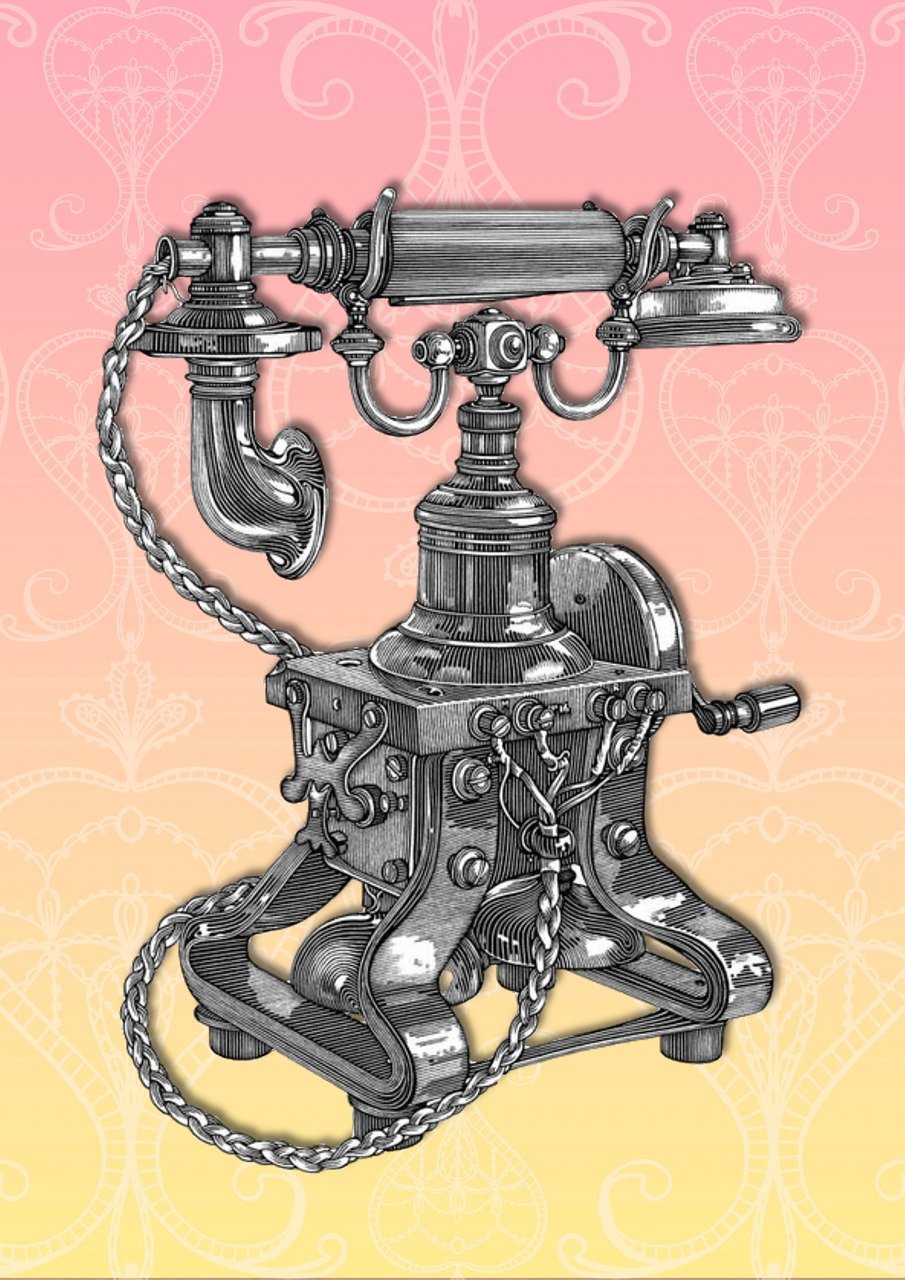Introduction
Technology has played a pivotal role in shaping human history and the way we live our lives. From the earliest tools used by our ancestors to the digital devices and systems that dominate modern society, technological innovations have had a profound impact on society and the way we communicate and interact with each other.
The term “technology” refers to the tools, techniques, and systems that are used to achieve a particular goal or task. This includes a wide range of fields, from engineering and manufacturing to information and communication technologies.
In this article, we will explore the history of technology, from its earliest beginnings to the present day. We will focus particularly on the development of computers and the impact they have had on society, as well as discuss emerging technologies and their potential future impact.
The early history of Technology
The history can be traced back to the earliest civilizations, where tools and techniques were developed to solve practical problems and improve daily life.
One of the earliest known examples of technology is the use of fire, which allowed early humans to cook food, stay warm, and provide light. The development of tools, such as the spear and the wheel, also played a significant role in the early history of technology.
In ancient civilizations like Egypt, Greece, and China, tech was used to build monumental structures, create works of art, and improve agricultural techniques. The development of writing systems, such as cuneiform and hieroglyphics, allowed for the recording and dissemination of information, laying the foundations for modern communication technologies.
As societies developed and became more complex, so too did the tech they used. The Industrial Revolution of the 18th and 19th centuries saw the development of steam engines, the cotton gin, and other innovations that transformed industry and changed the way people lived and worked.
The development of computers and the internet

The 20th century saw the emergence of computers as a powerful tool for storing, processing, and communicating information. The first computers were large, expensive machines that were primarily used by governments and large corporations.
As It advanced, computers became smaller and more affordable, leading to the development of personal computers in the 1970s. These early computers, such as the Apple II and the IBM PC, were primarily used for business and scientific applications.
The development of the internet in the 1990s revolutionized the way we communicate and access information. The World Wide Web, a system of interconnected documents and other resources accessed via the internet, made it easier for people to share and access information online.
The rise of the internet and the proliferation of personal computers have had a significant impact on society and the way we live our lives. Today, computers are an integral part of almost every aspect of modern life, from communication and entertainment to education and business.
The 21st century and the digital age
The 21st century has been marked by the proliferation of digital technologies and the increasing interconnectedness of the world. The rise of smartphones and other mobile devices has made it easier for people to stay connected and access information anytime, anywhere.
The growth of the internet and the emergence of social media have also had a significant impact on society and the way we communicate and interact with each other. Platforms like Facebook, Twitter, and Instagram have changed the way we share and consume information, and have given individuals and organizations a powerful tool for reaching and engaging with audiences.
Emerging technologies, such as artificial intelligence and virtual reality, are also starting to make their mark on the world of technology. These technologies have the potential to revolutionize industries and change the way we live and work.
As technology continues to evolve and shape our lives, it is important to consider the potential implications and ethical considerations of these developments. At the same time, it is exciting to think about the possibilities and opportunities that the future holds.
Conclusion
Its history is a long and fascinating one, filled with innovations and developments that have transformed the way we live and work. From the earliest tools used by our ancestors to the digital devices and systems that dominate modern society, technology has played a vital role in shaping human history.
The development of computers and the internet has had a particularly significant impact on society and the way we communicate and access information. Today, computers are an integral part of almost every aspect of modern life, and the internet has revolutionized the way we share and consume information.
As we look to the future, it is clear that technology will continue to play a central role in shaping society and the way we live. Emerging technologies, such as artificial intelligence and virtual reality, have the potential to revolutionize industries and change the way we live and work.
It is important to consider the potential implications and ethical considerations of these developments as we navigate the digital age. At the same time, the possibilities and opportunities offered by technology are exciting and full of potential.








Comments on “Technology Through the Ages: #1 Comprehensive Overview of the History of Technology”